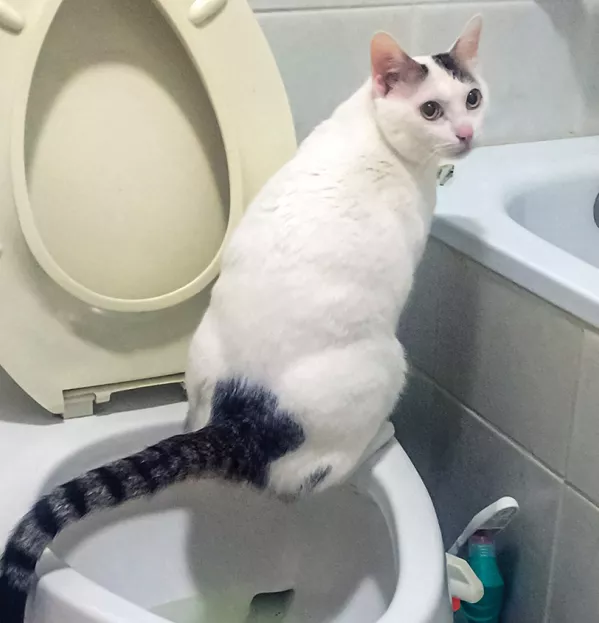So, it’s finally Christmas, and although it will be an unconventional seasonal period, wine shall no doubt flow in many a teaching household. As such, my mind will inevitably turn to a particular Year 7 class I taught many years ago - and the blunt lesson learned about going off on a narrative tangent in the classroom.
I had recently attended a wine-tasting course at night school. This was back in 2001-02, when night school was still a thing.
I was in my NQT year and for some reason - I now genuinely have no idea why - I began telling the pupils about the process of wine tasting: the observation of the wine pouring from the bottle into the glass, noting its richness of colour; the optimal amount of wine to pour; the swirling of the wine around the glass and noting its “legs” to judge the viscosity; the careful placement of the nose at the mouth of the glass; the large inhalation of aroma through the nose.
You’re thinking I was losing them by this point - that I might stop? No, I went further.
Proper wine tasting, I explained, is all in the nose, using the receptors of the nasal passageways to formulate an opinion of the wine before we even contemplate drinking any. If it is a good claret, we might detect the woodiness of the merlot along with the berry of the cabernet sauvignon, for example.
Wine tasting is an olfactory experience, I told them. The first sip of wine - slurped to mix it with oxygen as it enters the mouth - only serves to confirm what one has already detected on the nose.
I went on explaining the intricacies of the craft, a slight note of panic began to rise in my belly. There is one grape variety - sauvignon blanc - with an infamous aroma. Our night-school teacher described with glee how it was known around the world for its aroma being reminiscent of, as he put it, “cats’ piss”.
Now, I taught English. I knew that funny-sounding terminology and little nicknames for technical vocabulary tend to stick in the mind of the pupil. In this instance, I was the pupil. As such, I was in trouble.
So there I was, explaining the complexities of wine tasting to a Year 7 class who probably had no idea what was happening and suddenly my brain notes that my mouth is beginning to articulate the name of the infamous variety. My mind screams like the brakes of an articulated lorry performing an emergency stop: “Don’t say ‘cats’ piss’!”
My face contorts into the malformed appearance of a melting zygon, as the horror of realisation twists the muscles around my mouth, but alas, it’s too late, the words are free: “Sauvignon blanc smells of cats’ piss.”
You do some odd things as an NQT, but this was pretty weird - 11- and 12-year-olds don’t care about wine, they (mostly) don’t yet care about tasting any wine, and uttering the words “cats’ piss” in front of them is a very quick way to lose a classroom.
So, as you sit back and sip your well-earned sauvignon blanc this Christmas, think of that lesson from 20 years ago. Enjoy that wine, learn from my error and try not to think of cats’ piss.
Stephen Lane is a head of year and author of Beyond Wiping Noses: building an informed approach to pastoral leadership in schools
This article originally appeared in the 18/25 December 2020 issue under the headline “Once you’ve uncorked, you can’t recant”
